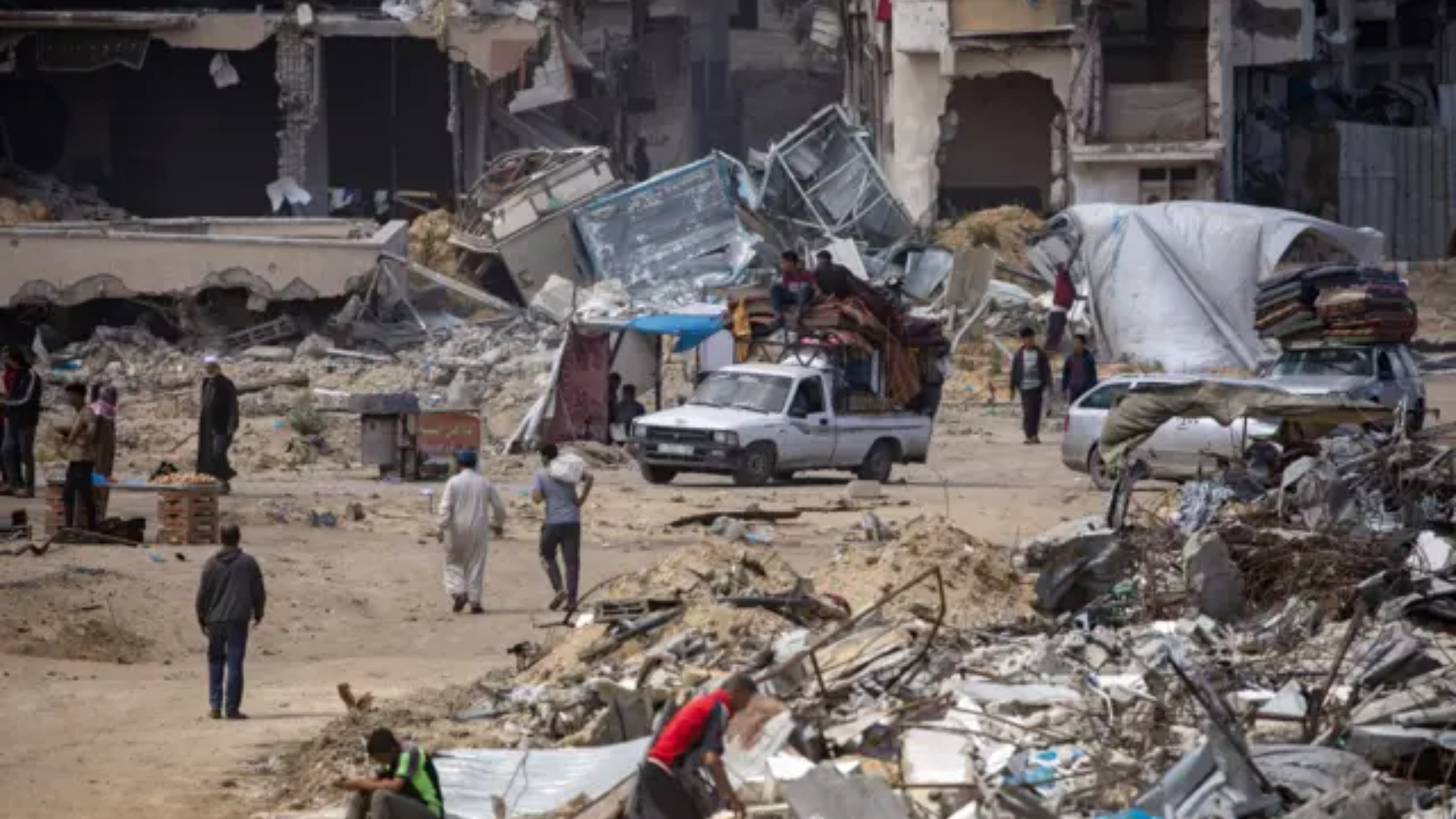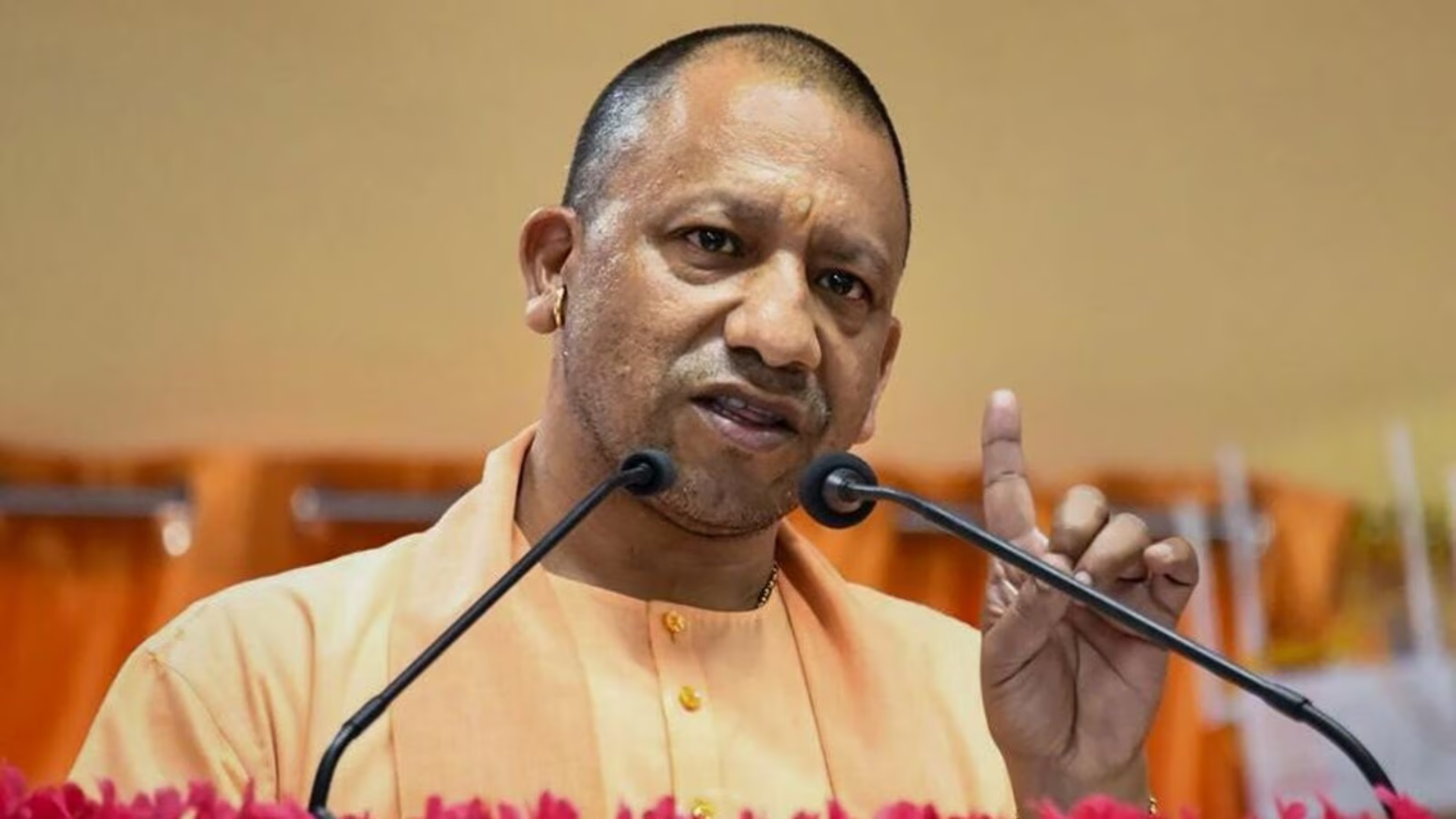Israel’s jets have bombed Syrian army bases for the past three days, aiming to prevent Syrian military equipment from falling into hostile hands. However, Israel denied reports that its forces had advanced beyond a buffer zone at the border.
On December 10, 2024, Israel conducted airstrikes targeting Syrian military assets, particularly in Qamishli in northeastern Syria. The raids reportedly destroyed helicopters, jets, and Republican Guard assets in and around Damascus. The Syrian army claimed that the strikes were the heaviest yet, with sources estimating around 200 air raids.
Israeli Denial of Advancing into Syria
While reports indicated Israeli troops had moved beyond the demilitarized zone into towns like Qatana, Israeli military officials dismissed these claims. “The reports circulating in the media about the alleged advancement of Israeli tanks towards Damascus are false,” an Israeli Defence Forces official stated, confirming that the IDF remains stationed within the buffer zone.
Israel maintained that its airstrikes were “limited and temporary measures” to protect its security, stating it was not intervening in Syria’s conflict. Israel has been bombing Syria to ensure weapons do not fall into the hands of hostile groups. The strikes are expected to continue for several more days. However, the incursion has been condemned by regional powers, including Turkey, Egypt, Qatar, and Saudi Arabia, who criticized the move as detrimental to Syria’s security.
In Damascus, signs of returning normalcy are emerging. Banks have reopened for the first time since the overthrow of President Bashar al-Assad, and various government activities resumed. Prime Minister Mohammed Jalali agreed to hand power to a transitional government, led by the Salvation Government, which was previously based in rebel-held territory. Ahmed al-Sharaa, commander of the rebel group Hayat Tahrir al-Shams (HTS), met with Syrian officials to discuss the transition.
HTS’s Role in Syria’s Future Government
Despite HTS being designated as a terrorist organization by various nations, including the U.S. and EU, its leaders have distanced themselves from al-Qaeda and have emphasized a more inclusive and non-violent approach. U.N. envoy Geir Pedersen suggested that the transitional government should be as inclusive as possible, even involving HTS, in light of their recent messages of unity and inclusiveness for Syria’s future.
With over a decade of civil war, Syria faces an enormous task of rebuilding. The country has been devastated, with cities in ruins, an economy weakened by sanctions, and millions of refugees still displaced. The transitional government aims to address these challenges as it begins the complex process of reconstruction.
The reopening of Syria’s Central Bank and the resumption of normal business activities marked a hopeful moment for the country’s recovery. “It’s a new shift, it’s a new day, a new year, a new life,” said Sumayra al-Mukli, an employee of the bank, highlighting the significance of this step for the nation’s future.
Read More : Pakistan: Ex-ISI Chief Faiz Hameed Indicted On Multiple Charges



















